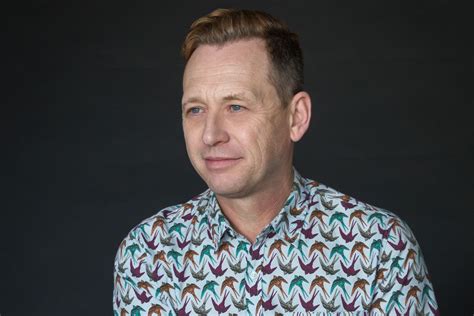A Quote by Norman Lock
Each piece of writing I undertake, whether a story, novel, play, or poem, begins with an image.
Related Quotes
The most common mistake students of literature make is to go straight for what the poem or novel says, setting aside the way that it says it. To read like this is to set aside the ‘literariness’ of the work – the fact that it is a poem or play or novel, rather than an account of the incidence of soil erosion in Nebraska.
































